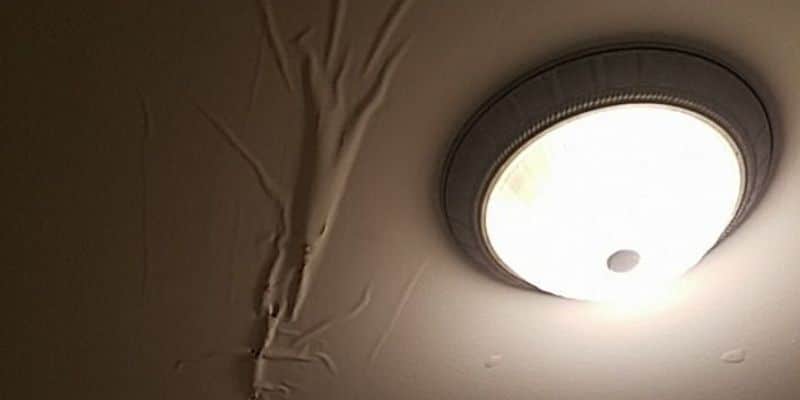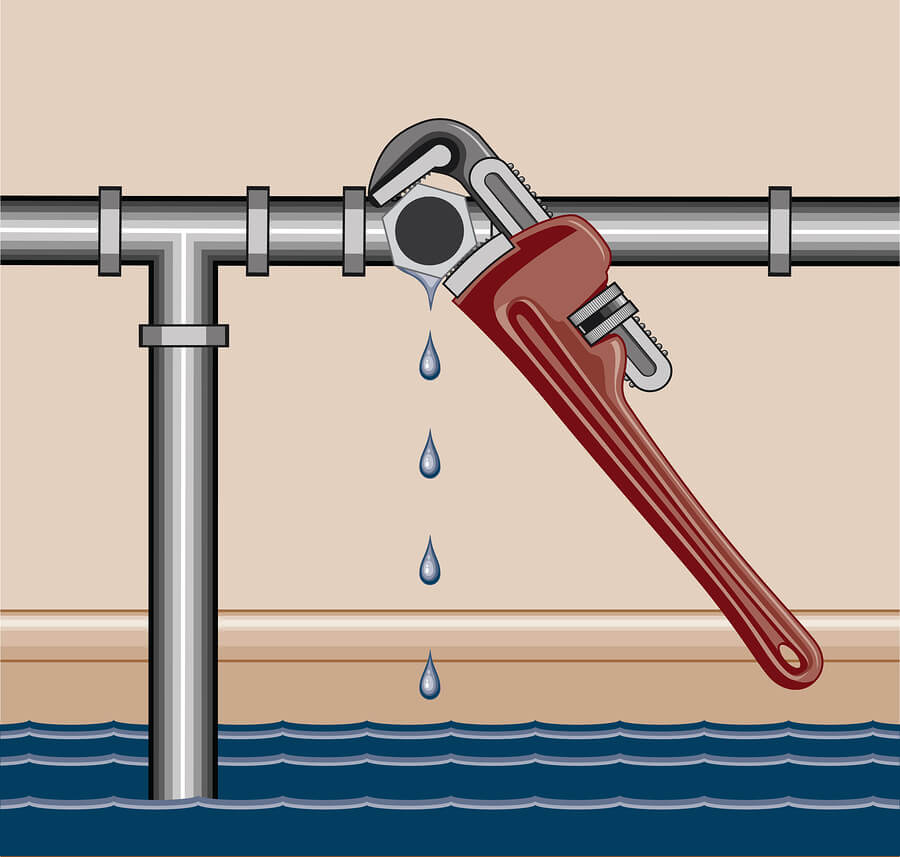Getting to Know What Leads To Water Leakage Are So Common in Your Home
Getting to Know What Leads To Water Leakage Are So Common in Your Home
Blog Article
Each person is bound to have their own unique assumption in relation to How to Find Water Leaks.

Leaks not just cause waste of water but can also trigger unneeded damage to your home and promote unwanted organic growth. However, water leakages could go undetected since most of the pipework in our house is hidden. By understanding and also looking for day-to-day scenarios that trigger leaks, you can protect your home from future leakages as well as unnecessary damages. Today, we will check out six leakage triggers that may be creating your pipelines to trickle.
Instantaneous temperature changes.
Severe temperature changes in our pipelines can create them to broaden as well as contract unexpectedly. This development and also tightening may create fractures in the pipes, specifically if the temperature level are below cold.
Corroded water supply
As time goes by, your plumbing system ages and deterioration such as corrosion may begin eating away the pipelines. This may be the cause of staining or warping on your pipes. This requires an evaluation with your plumber right away. If our plumbing system is old, consider changing the pipes considering that they are at a higher threat of corrosion than the more recent versions.
Faulty Pipe Joints
Pipe joints can deteriorate over time, resulting in water leakages. If you have noisy pipes that make ticking or banging sounds, especially when the warm water is turned on, your pipeline joints are possibly under a lot of stress.
Trespassing origins
A lot of water leakages begin outside the residence instead than inside it. You could see damp spots or sinkholes in your backyard, and that might imply that tree roots are invading water lines causing water to leak out.
Poor Water Connectors
At times, a leak can be created by loose tubes as well as pipelines that supply your devices. In case of a water links leak, you may see water running directly from the supply line or pools around your appliances.
Clogged Drains
Blocked drains pipes might be aggravating as well as inconveniencing, yet they can in some cases wind up creating an overflow leading to rupture pipelines. Keep removing any type of materials that might go down your drains that could clog them to prevent such troubles.
All the above are causes of leakages but not all water leaks result from plumbing leakages; some leaks might come from roof leaks. All leakages need to be repaired immediately to stay clear of water damages.
Leakages not only trigger waste of water but can also create unneeded damage to your residence and advertise undesirable organic development. By looking as well as understanding for day-to-day circumstances that cause leakages, you can shield your house from future leakages as well as unnecessary damages. Today, we will look at 6 leak triggers that may be causing your pipes to leak.
At times, a leak can be created by loose tubes and pipelines that supply your appliances. In situation of a water links leak, you may see water running directly from the supply line or puddles around your home appliances.
How To Check For Water Leak In Your Home
How To Check for Leaks
The average household's leaks can account for nearly 10,000 gallons of water wasted every year and ten percent of homes have leaks that waste 90 gallons or more per day. Common types of leaks found in the home are worn toilet flappers, dripping faucets, and other leaking valves. These types of leaks are often easy to fix, requiring only a few tools and hardware that can pay for themselves in water savings. Fixing easily corrected household water leaks can save homeowners about 10 percent on their water bills.
To check for leaks in your home, you first need to determine whether you're wasting water and then identify the source of the leak. Here are some tips for finding leaks:
Take a look at your water usage during a colder month, such as January or February. If a family of four exceeds 12,000 gallons per month, there are serious leaks.
Check your water meter before and after a two-hour period when no water is being used. If the meter changes at all, you probably have a leak.
Identify toilet leaks by placing a drop of food coloring in the toilet tank. If any color shows up in the bowl after 10 minutes, you have a leak. (Be sure to flush immediately after the experiment to avoid staining the tank.)
Examine faucet gaskets and pipe fittings for any water on the outside of the pipe to check for surface leaks.
Undetected water leaks can happen without the home or business owner even realizing. If you suspect a water leak, but not able to find the source. It is time to contact a professional water leak detection service, The Leak Doctor.
How To Find a Water Leak In Your Home
https://www.leakdoctor.com/blog/How-To-Check-For-Water-Leak-In-Your-Home_AE197.html

I'm certainly very eager about Top Causes of Home Water Leaks and I am praying you appreciated the new article. Sharing is caring. Helping people is fun. Thanks a bunch for your time. Don't hesitate to check our blog back soon.
Top-notch care? Dial. Report this page